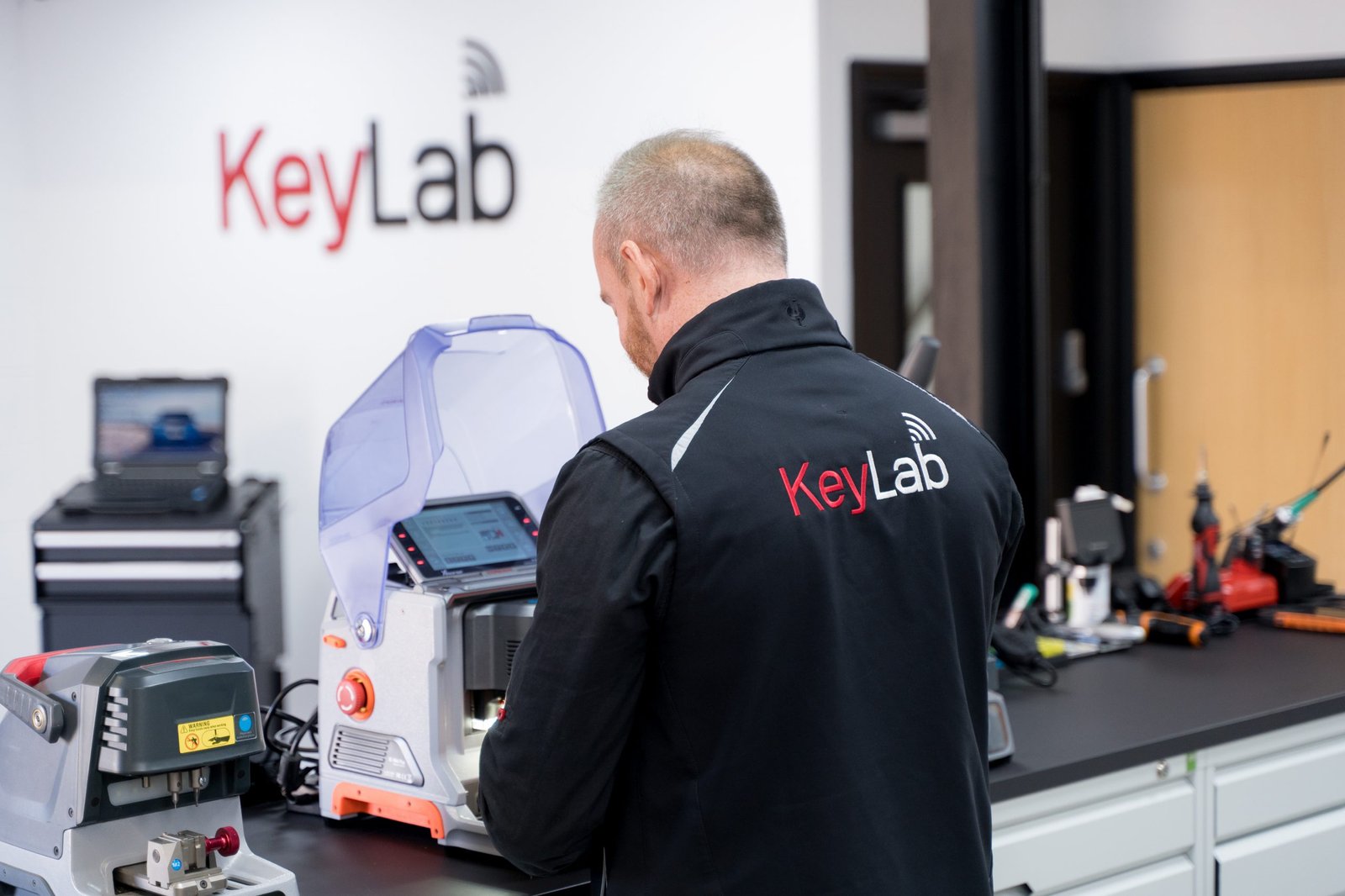Key Car Replacement: A Comprehensive Guide
In the modern-day world where movement is important, reliable vehicle gain access to is essential. However, with the convenience of having a car also comes the prospective headache of losing or needing to replace car keys. This short article explores the process of car key replacement, including types of keys, costs, and regularly asked concerns to assist car owners browse this frequently frustrating experience.
Understanding Key Types
Before diving into the replacement process, it's vital to understand the different types of car keys that exist today. Each type has its specific replacement techniques and costs associated.
Standard Car Keys
Conventional keys are the fundamental cut metal keys that operate a vehicle's lock and ignition system. They need very little technology and can often be duplicated easily at hardware stores or locksmith professionals.
Transponder Keys
Presented in the 1990s, transponder keys include an ingrained microchip that interacts with the vehicle's ignition system. A car will not begin unless the appropriate transponder key is utilized, adding a layer of security.
Key Fobs
Key fobs are push-button control gadgets that permit motorists to unlock the doors and start the ignition without placing a physical key. These typically consist of buttons for trunk release and panic alarms.
Smart Keys
Smart keys take innovation a step even more, permitting keyless entry and ignition. The car identifies the existence of the clever key fob within a particular range, enabling drivers to start their cars with the push of a button.
Key Cards
Some more recent car designs feature key cards that run similarly to a clever key. These flat cards can open the vehicle and, in some circumstances, enable it to be begun when positioned in a particular area within the car.
When to Replace Your Car Key
Numerous situations can demand the replacement of your car key:
- Loss or Theft: Losing your key can occur to anybody, and immediate action is required to avoid unapproved access.
- Damage: Keys can become damaged or worn in time, causing defective operation.
- Malfunction: Electronic parts can stop working due to a variety of problems, needing a replacement.
- Altering Ownership: If purchasing a used car, changing the key guarantees that any previous owners no longer have gain access to.
The Replacement Process
Changing a car key can involve numerous steps. Here's a breakdown of the procedure:
1. Determine Key Type
Establish what kind of key is required for the vehicle.
2. Collect Essential Information
Before seeking a replacement, car owners must gather essential information, consisting of:
- Vehicle Identification Number (VIN)
- Make, model, and year of the vehicle
- Any existing key (if suitable)
3. Contact a Professional
Depending on the type of key, car owners can pick from one of a number of replacement alternatives:
- Local Locksmith: For traditional keys or easy transponder keys, a locksmith is frequently the fastest and most affordable option.
- Car Dealership: For modern keys like smart keys, dealerships may be the only option, though they tend to be more costly.
- Mobile Key Replacement Service: Some specialized services can come to you to replace your key.
4. Cost of Replacement
Here's a summary of approximated costs for key replacements based on type:
| Key Type | Approximated Cost | Replacement Time |
|---|---|---|
| Standard Key | ₤ 3 - ₤ 10 | Same day typically |
| Transponder Key | ₤ 50 - ₤ 200 | 1-2 hours |
| Key Fob | ₤ 50 - ₤ 600 | 1-2 hours |
| Smart Key | ₤ 200 - ₤ 600 | 1-3 days |
| Key Card | ₤ 150 - ₤ 400 | 1-3 days |
5. Configuring the New Key
Many contemporary keys require programming to deal with the vehicle. This usually includes:
- An automobile locksmith professional may have the tools essential for programming easier keys.
- Car dealerships will program more intricate clever and fob keys as part of the replacement process.
Preventative Measures
To avoid the need for key replacement in the future, car owners can take the following preventive actions:
- Spare Key: Always have a spare key made and keep it in a safe location.
- Key Cover: Use key covers to protect electronic keys from damage.
- Use Key Finders: Invest in Bluetooth key finders that can assist locate lost keys through a mobile app.
Frequently Asked Questions About Car Key Replacement
The length of time does it take to replace a car key?
The period depends on the key type. Traditional keys can be changed within minutes, while wise keys may take longer due to programming.
Can I replace my car key myself?
In many cases, especially with standard keys, car owners can replace their keys themselves. However, for electronic keys, it's a good idea to seek expert help.
Is it safe to have a duplicate key made?
Yes, as long as it's done through a relied on locksmith professional or dealership, making a duplicate key is safe and can conserve time in emergency situations.
What if I lose all my keys?
If all keys are lost, calling a car dealership or a licensed locksmith with the vehicle's VIN is normally necessary to get a replacement.
Can a damaged key be repaired?
Depending on the damage, some keys can be repaired, particularly standard ones. Nevertheless, Replacement Remote Car Keys require total replacement if harmed.
Retaining access to one's vehicle ought to not provide stress. Understanding the kinds of keys, the replacement process, and what to do in case of loss are vital for any car owner. With Replacement Key Fob -making, getting a new key can transform from a difficult task into a manageable one.
By following the actions described in this guide and being proactive about key management, vehicle owners can ensure they keep the benefit of their mobility while minimizing the possible problems brought on by key loss or damage.

